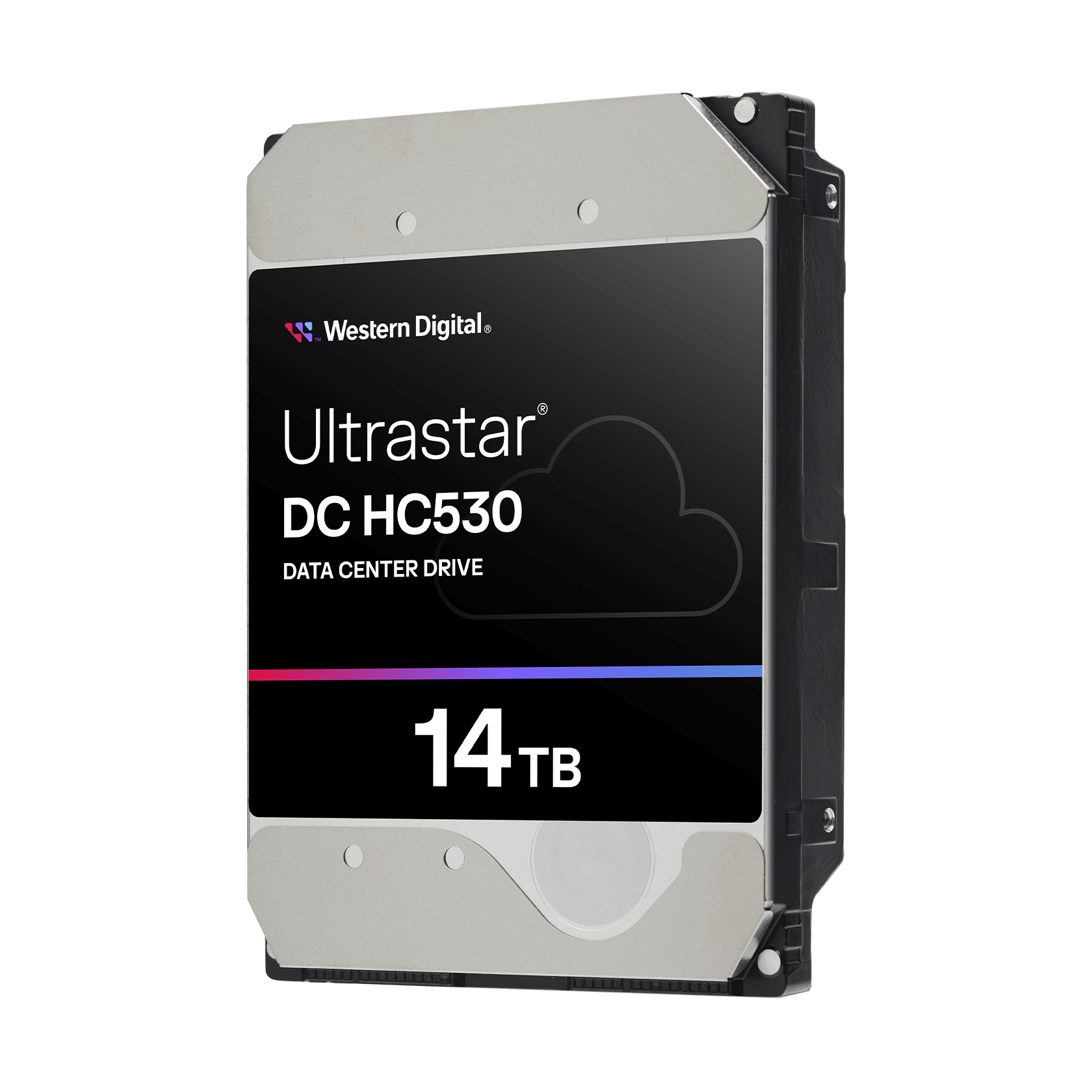Kuro Houou
Contributor
- Joined
- Jun 17, 2014
- Messages
- 193
So I have two servers (full specs in my signature). They are both SuperMicro 2U servers with 10GbE, one main one backup...
My main server has 6x14TB in RaidZ2
My backup server has 7x8TB in RaidZ1
I am getting wildly different speeds for Read/Write for sustained large single files
On my main server at best I can get about ~375MB/s Read and ~220MB/s Write (I noticed it caches some at the start, will hit like 700MB/s for a few seconds)
On my backup server I get about ~575MB/s Read and ~575MB/s Write all consistent across the entire file transfer.
I know the main server being RaidZ2 would have some performance loss.. but this just seems like a lot to me. I wanted a sanity check here to see if this is normal. I am considering blowing away my main sever pool and either trying just RaidZ1 or adding another drive just like my backup.. I want the speeds my backup server has essentially :)
Also I tried playing around with these flags in my SMB config on the main server,
aio write size = 0
aio read size = 0
They didn't seem to change the average speed much.. maybe slightly faster using them. Definitely more consistent speed with them on. With them off, Reads were all over the place, going from 200MB/s to 600MB/s ever few seconds.
My main server has 6x14TB in RaidZ2
My backup server has 7x8TB in RaidZ1
I am getting wildly different speeds for Read/Write for sustained large single files
On my main server at best I can get about ~375MB/s Read and ~220MB/s Write (I noticed it caches some at the start, will hit like 700MB/s for a few seconds)
On my backup server I get about ~575MB/s Read and ~575MB/s Write all consistent across the entire file transfer.
I know the main server being RaidZ2 would have some performance loss.. but this just seems like a lot to me. I wanted a sanity check here to see if this is normal. I am considering blowing away my main sever pool and either trying just RaidZ1 or adding another drive just like my backup.. I want the speeds my backup server has essentially :)
Also I tried playing around with these flags in my SMB config on the main server,
aio write size = 0
aio read size = 0
They didn't seem to change the average speed much.. maybe slightly faster using them. Definitely more consistent speed with them on. With them off, Reads were all over the place, going from 200MB/s to 600MB/s ever few seconds.

